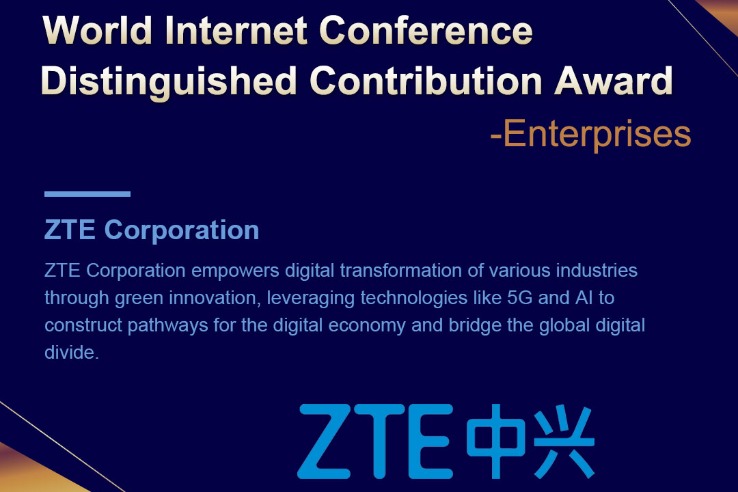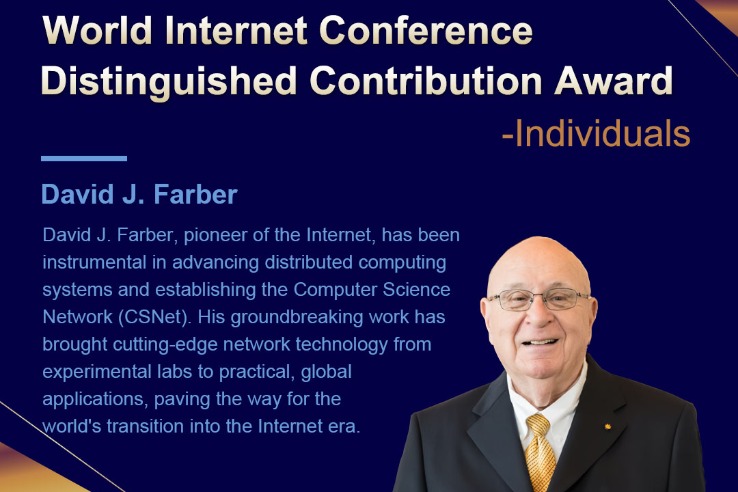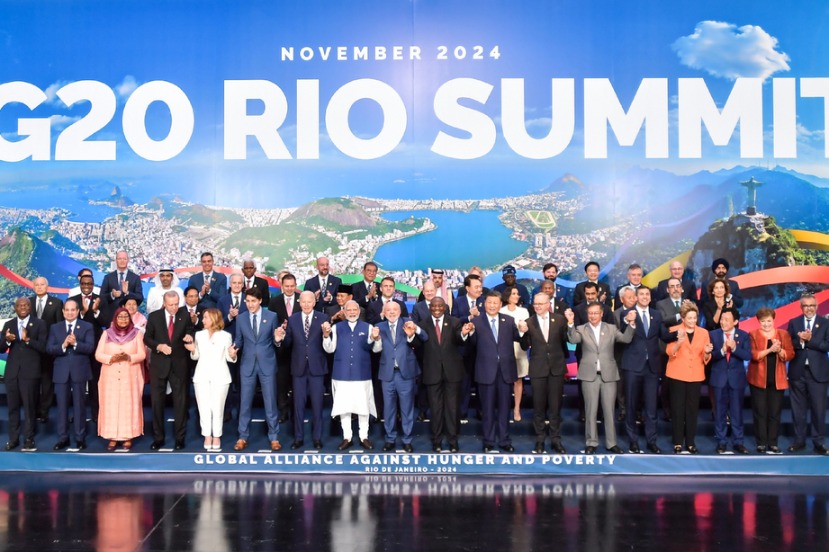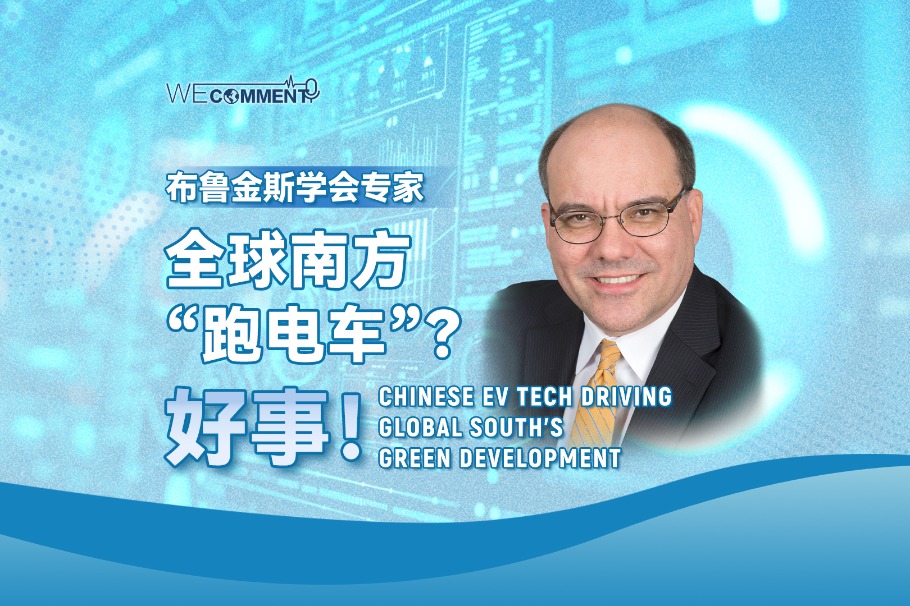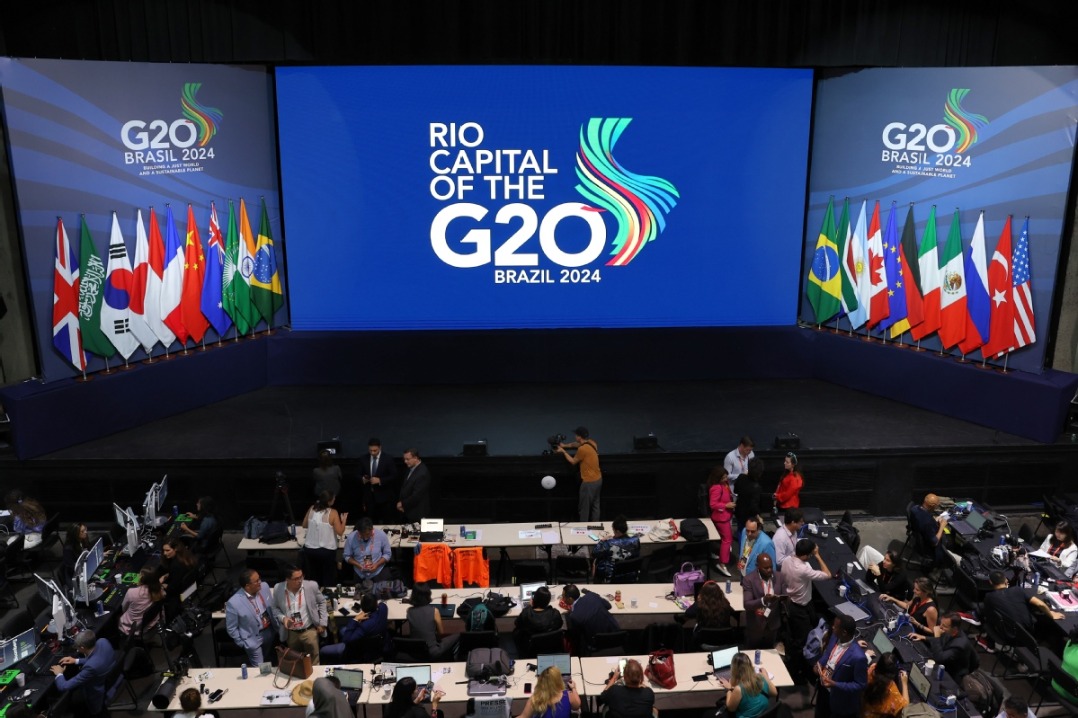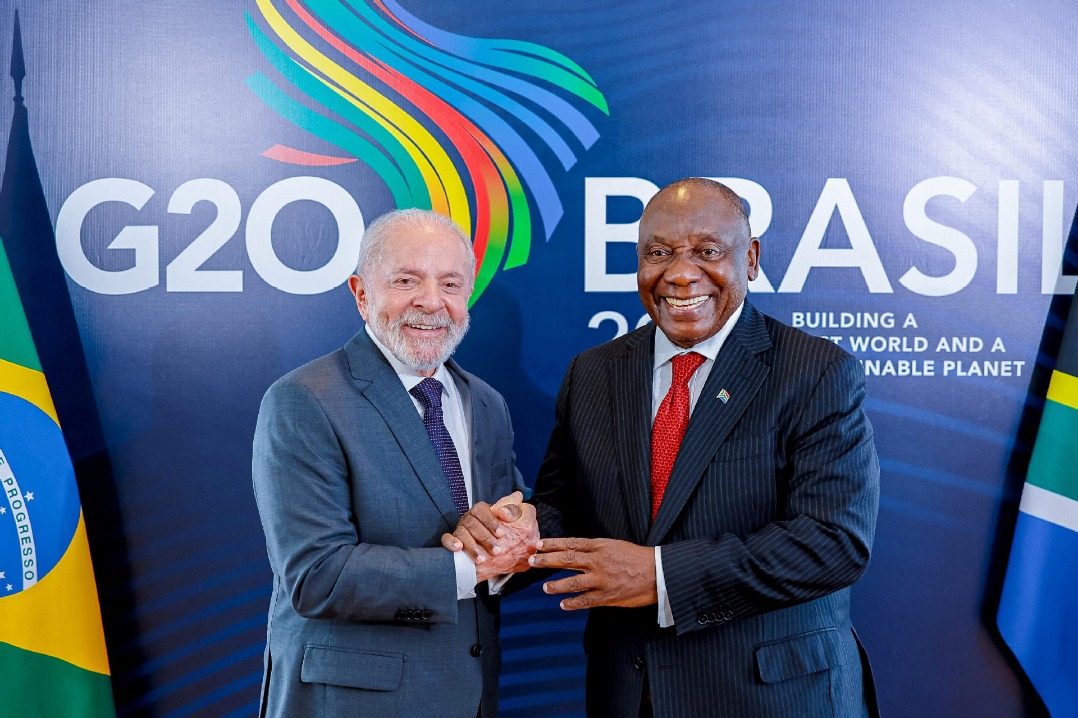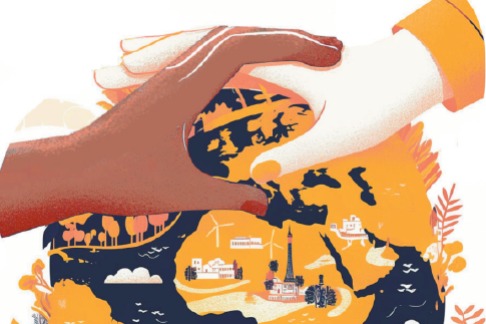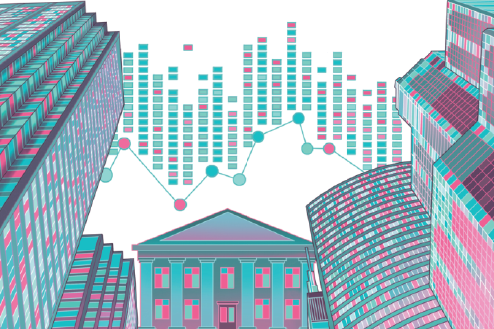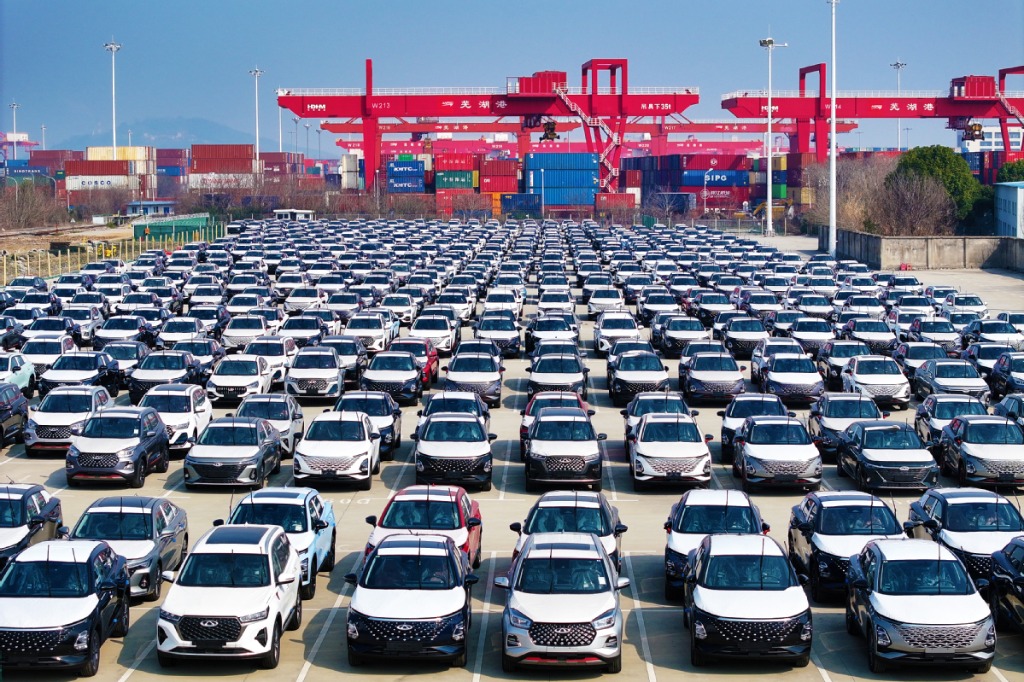What is behind the success of the Forum on China-Africa Cooperation?

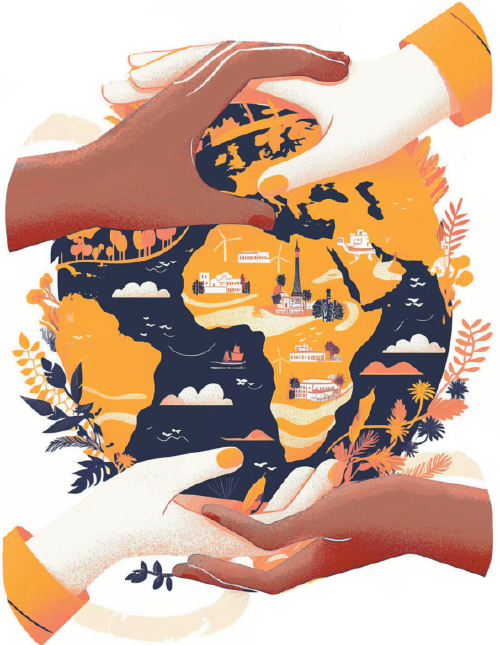
In the current wave of globalization, countries around the world are increasingly interconnected, leading to the establishment of numerous platforms for dialogues and exchanges. However, not many of them are stable and resilient enough to operate efficiently in the long term, and even fewer can bring together dozens of heads of state and attract global attention. The Forum on China-Africa Cooperation (FOCAC), which held its recent summit in Beijing, is a different story.
Since its inception in 2000, FOCAC has gone through over 20 years of development, becoming a model for international cooperation, especially South-South cooperation. Its enduring success might be attributed to its three features. To begin with, FOCAC focuses on development, which is the top priority of both China and Africa, the latter in particular. While some platforms dominated by certain Western countries are obsessed with idealism and grand narratives, and keen on forming cliques and targeting third parties, FOCAC focuses on development, Africa's top priority, and aims at providing active support. As the Chinese President Xi Jinping put it at the FOCAC Summit back in 2018, "We need to make sure our cooperation delivers real benefits to us both in China and in Africa." At this Beijing Summit, China and Africa decided to take ten partnership actions for modernization over the next three years, in a bid to address the most direct and urgent development needs of African countries. Such efforts have been echoed by President Cyril Ramaphosa of South Africa, who believes that the shared desire for modernization, development and progress on the African continent is reflected in the ten partnership actions.
Second, FOCAC proposes practical and feasible projects. Take the Partnership Action for Connectivity, one of the ten partnership actions, as an example. It has included specific measures such as putting in place a China-Africa network featuring land-sea links and coordinated development, and deepening logistics cooperation. Moreover, to build the China-Africa network, 30 relevant projects were planned, each with quantifiable targets and task checklists. Furthermore, both China and Africa attach great importance to the preliminary research of their cooperation projects. Project feasibility and sustainability is emphasized throughout the whole process of planning, design, deployment and development.
Third, FOCAC is not a "talk shop". Follow-up studies have shown that most projects planned at the previous FOCAC meeting are completed before the convening of a new one. For example, nine programs were announced at the eighth FOCAC Ministerial Conference held in 2021. Three years on since then, 26 projects under the "trade promotion program" have been implemented, including the China-aided Jamestown Fishing Port Complex in Ghana and the interchange project in Nouakchott, Mauritania. Over 12,000 African professionals in various fields have been trained through 20-plus educational cooperation projects under the "capacity building program". Under the "poverty reduction and agricultural development program", 47 poverty reduction and agricultural projects have been launched in African countries including Malawi, Burundi, and C?te d'Ivoire, driving crop yields up by an average of 30% to 60%. Such achievements should never be taken for granted, especially considering that for most of the cooperation projects with Africa led by other major countries, only less than 30% or even 20% of them are truly delivered. It is more than obvious that the efficiency and effectiveness of FOCAC is highly attractive to the people in Africa. This is evidenced by the comment made by the Gambian President Adama Barrow that China always walks the walk and never fails to fulfill its promise.
Last but not least is the principle of equality and respect, which plays a crucial role in the success of FOCAC which is beyond the understanding of other major countries. Today's superpowers, taking their superiority for granted, naturally fail to see the significance of "equal treatment" to Global South countries. China, in contrast, as a member of the Global South that has long been treated unfairly by superpowers, can relate to the feelings of fellow Global South countries. That is why President Xi held bilateral meetings with each and every head of state and government who came for the FOCAC Summit, whether he or she is from a major African country like South Africa or a least developed country like Malawi with a population smaller than that of a Chinese city. President Xi himself attended 42 bilateral meetings in five days during the summit. In addition, other Chinese leaders including the premier also met with and hosted dinner for attending African leaders individually, ensuring that every African leader feels valued and being taken good care of. Such arrangement stands in stark contrast to their previous experiences of being "summoned" by their former suzerains and often being overlooked after the shows are over.
Just imagine, with a forum like FOCAC out there, who wouldn't want to be part of it? And how could such a mechanism be anything else but a success?

















